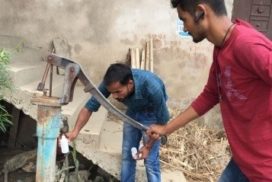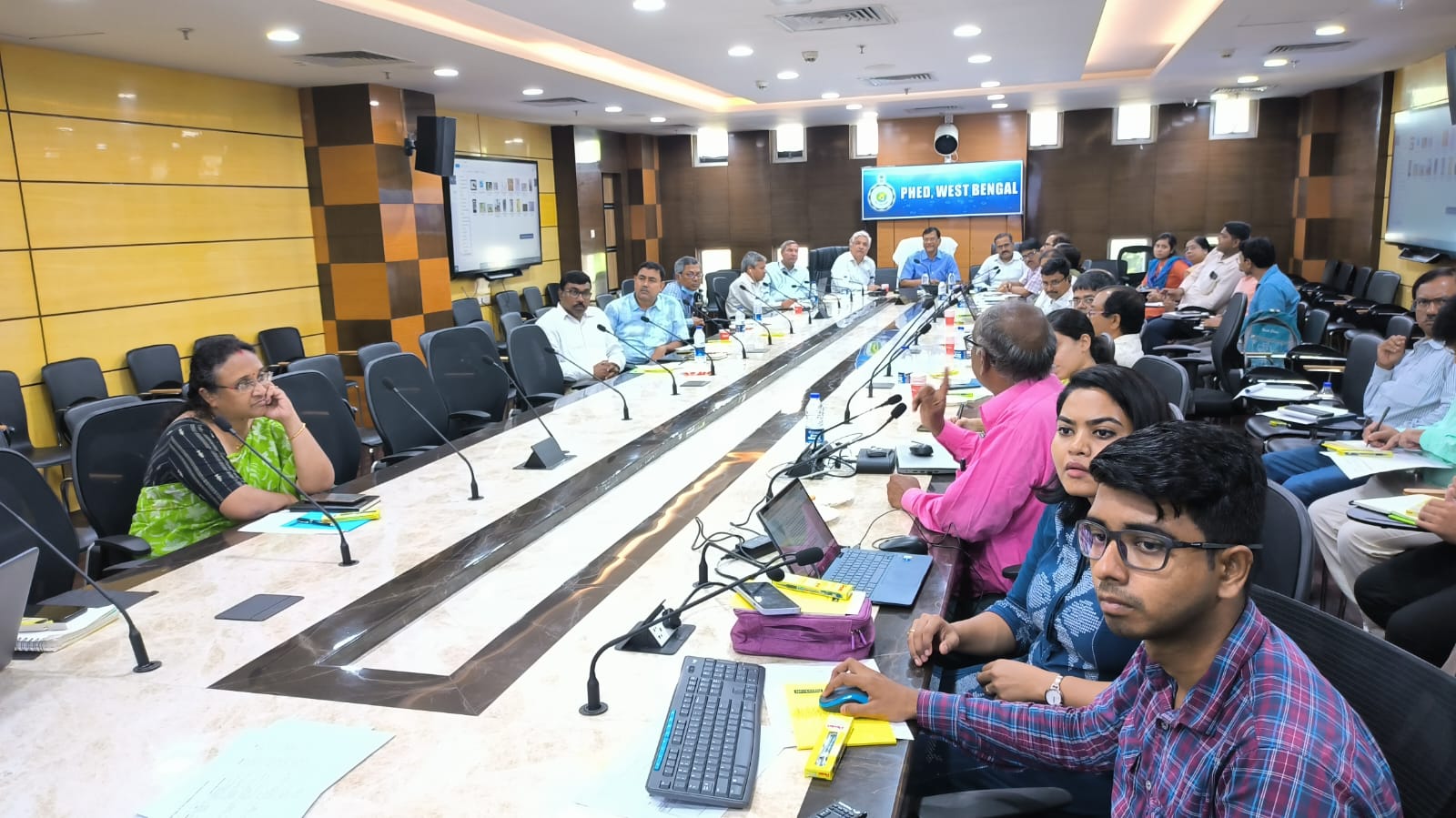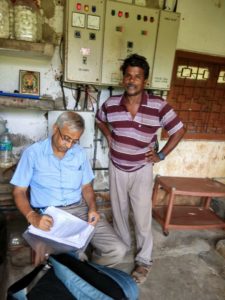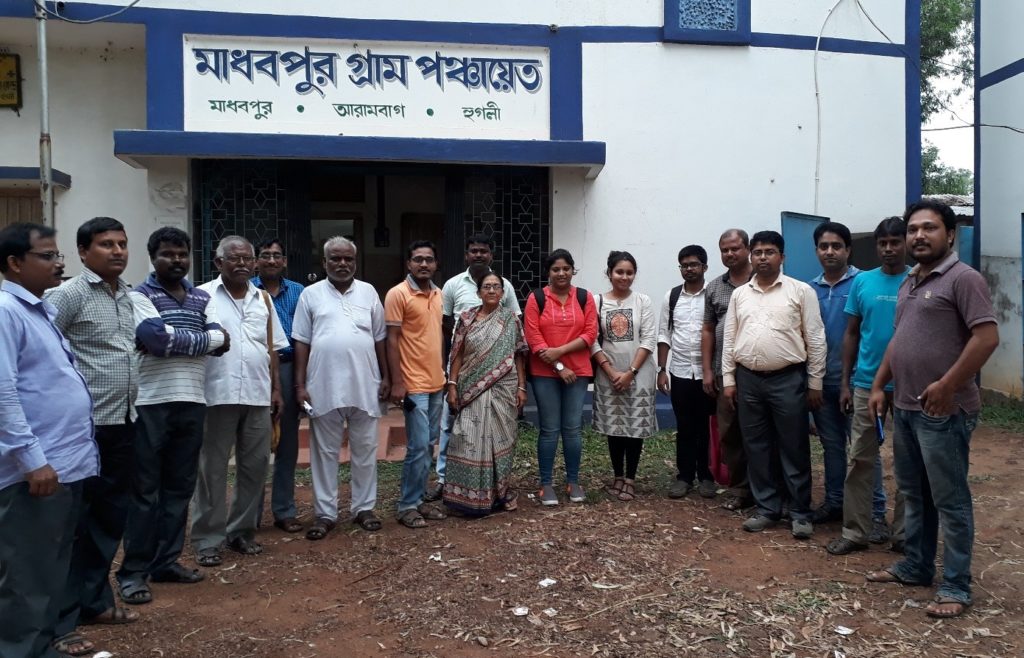Water For People, an international NGO working in the WASH sector entered into an agreement with SIGMA foundation to conduct a PIM and Base Line Survey in (i) Patharpratima and Sagar Blocks of West Bengal and (ii) in Sheohar district of Bihar, where they have already made some interventions over many years and is planning to consolidate the gains. The survey in Seohar of Bihar commenced from 27.04.2018 and was over on 06.05 2018 . The survey has been very challenging since it also monitored quite a few technical parameters including water quality of the water points created under assistance of Water for People. The field survey was supervised by Mr Ganesh Chaudhury, Manager SIGMA Foundation for Bihar and Jharkhand.
The salient aspects of survey conducted in Seohar are the following :
Survey Output :
1. Community survey : 40
Community survey with a ward member
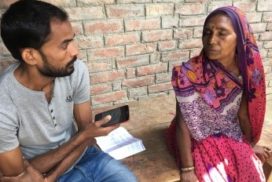
2. School survey : 9
Water sample collection in a school
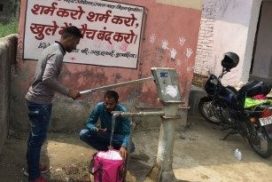
3. Water Point Survey : 99 (including one non functional PIM water point)
PIM survey of a water point installed with support of Charity Water
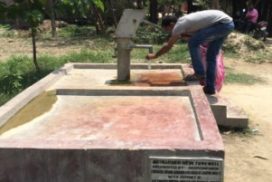
4. Household survey : 240
Household Survey
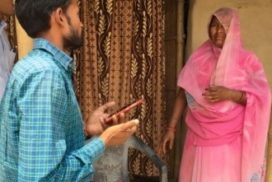
5. E .Coli test : 100 sources
Water Sample collected for E.Coli test
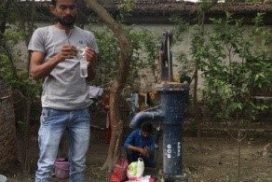
6. Water Samples collected for Arsenic, Fluoride , PH , TDS , Iron and Manganese test collected from 98 points.
Water Sample collections for Arsenic , Fluoride etc. tests
